Cold spell:
The weather seems to be taking a turn towards colder conditions and is very welcome. Recent warmer temperatures have been hard on crops which are forced to grow for short periods on days when they should not be growing. This generates a need for nutrients and such unseasonal growth can force plants, especially barley, to scavenge on itself to fuel this new growth. This, in turn, can cause the loss of leaf or tillers. This is not desirable and cold conditions are by far the best solution at this time of year.
A spell of cold would also be useful to help kill bugs in the air and slow the development of a range of diseases. A spell of frozen ground might also help get some field work done such as potash or gran-lime spreading, if necessary.
Soil tests:
Calls continue to encourage all farmers to get soil tests updated to help guide fertiliser usage. Recent fertiliser prices have been lower than previous years and balanced fertiliser use must be encouraged. But lime is critical to have pH correct, even though this cost has not decreased.
Weed control: While most winter crops have been sprayed with herbicide these will need to be checked for surviving weeds or grass weeds. Some growers will use a second application to tackle problems like sterile brome or blackgrass but you must also ensure that you catch essential broadleaved weeds that will survive. These may or may not be resistant to SU herbicides so you need to know this before deciding on follow-up spring treatments.
Many later sown crops have not yet been sprayed for weeds and many have no weeds present. But they will come. Fields that do not have particular problems with specific grass weeds might still be sprayed with a basic mix like IPU and DFF, even where a follow-up spray might be necessary. Having such treatments applied can act to condition some weeds to make them more easily killed by subsequent applications later in the season.
On wheat, some may plan to use Pacifica against annual meadowgrass, brome and wild oats but this should not be used until we get more active growth. Some who have nothing applied yet might choose to wait to use Alister for the same targets. However, it is important to remember that ground and weather conditions may not be as good when you want to travel than they are currently. And by then your weeds may be big and getting bigger.
Anyone intending to use the Kerb-based herbicides on winter rape crops should avail of the cold spell to help make crops suitable for this treatment. This includes things like Kerb Flo and its look-alikes or Astrokerb.
Records:
We may very quickly get back into the working season so get all essential records up to date. These are mainly chemical and fertiliser records, which need to show where the quantities purchased were used and that the total usage complies with legal restrictions. Make sure you have correct PCS numbers recorded for chemicals used.



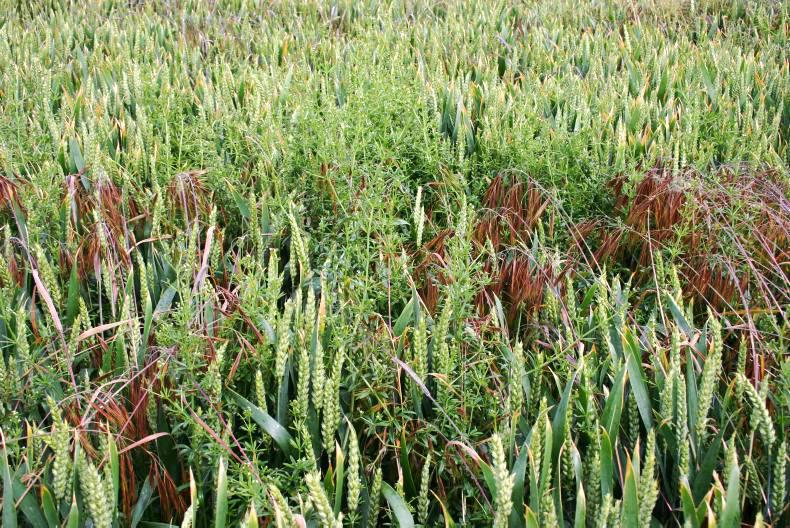

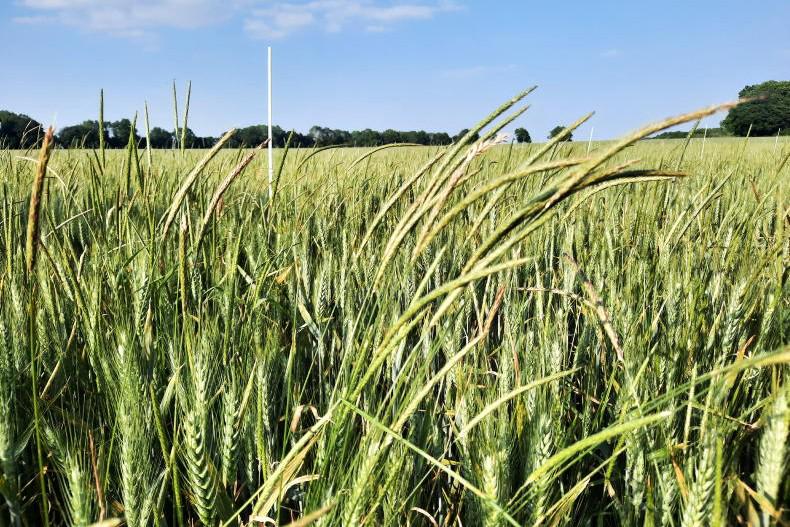
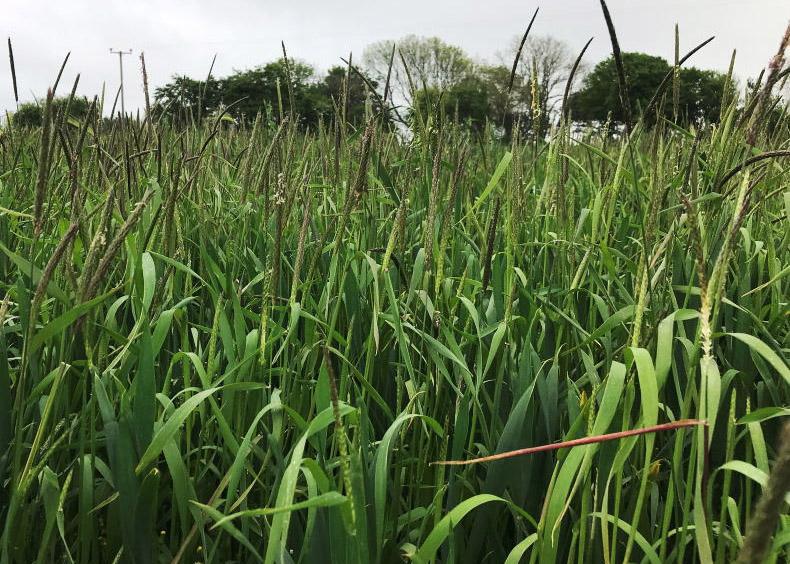
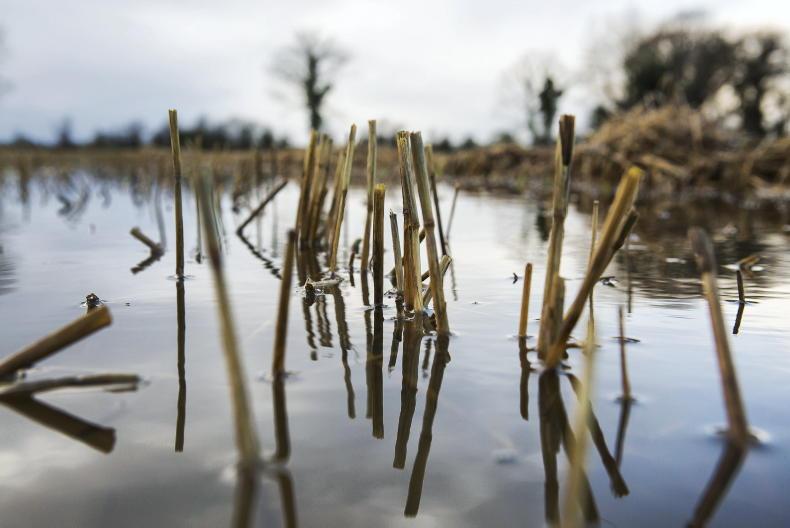
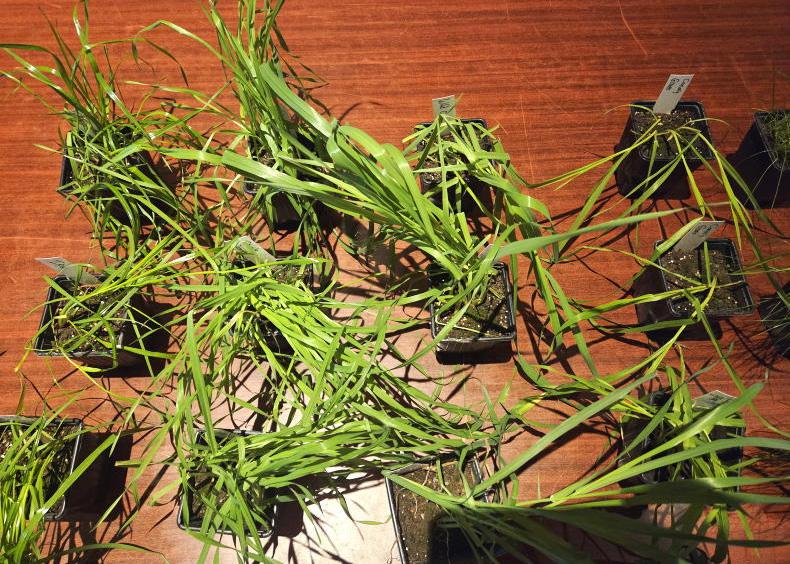
SHARING OPTIONS